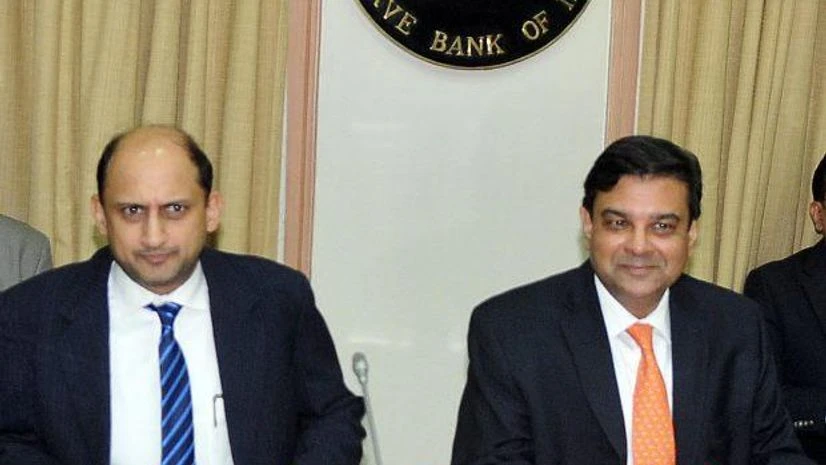In its 'Statement on Developmental and Regulatory Policies', released along with the resolution of Monetary Policy Committee (MPC), the RBI said that in recent times debit card transactions at 'Point of Sales' have shown significant growth.
"With a view to giving further fillip to acceptance of debit card payments for purchase of goods and services across a wider network of merchants, it has been decided to rationalise the framework for Merchant Discount Rate (MDR) applicable on debit card transactions based on the category of merchants," it said.
MDR is the rate charged to a merchant by a bank for providing debit and credit card services.
Also Read
An RBI draft report had made a case for restructuring MDR on the basis of merchant turnover rather than the present slab-rate based on transaction value.
According to the statement, a differentiated MDR for asset-light acceptance infrastructure and a cap on absolute amount of MDR per transaction will also be prescribed.
The revised MDR, RBI said, aims at achieving the twin objectives of increased usage of debit cards and ensuring sustainability of the business for the entities involved.
Meanwhile, the RBI also decided to permit overseas branches and subsidiaries of Indian banks to refinance External Commercial Borrowings of AAA rated corporates as well as Navratna and Maharatna PSUs, by raising fresh ECBs.
This is being done to "provide a level playing field" to overseas branches and subsidiaries of Indian banks.
Currently Indian corporates are permitted to refinance their existing ECBs at a lower all-in-cost.
The overseas branches and subsidiaries of Indian banks are, however, not permitted to extend such refinance.

)
